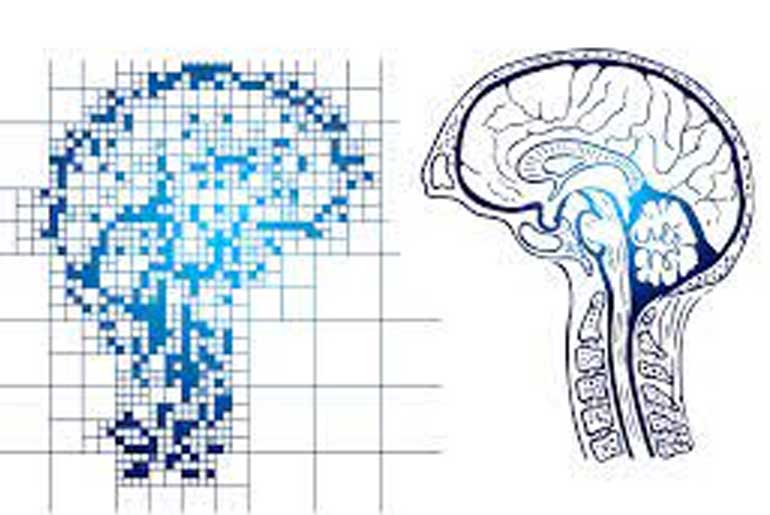The study conducted by Johns Hopkins Medicine scientists on more than 250 cognitively healthy adults has provided evidence that low spinal fluid levels of the protein NPTX2 may serve as an early predictor of mild cognitive impairment (MCI) and Alzheimer’s disease. The researchers found that a low level of NPTX2 is not only a likely standalone risk factor for MCI and Alzheimer’s dementia but also improves the prediction of cognitive impairment after considering traditional biomarkers and well-established genetic risk factors for Alzheimer’s.
MCI is characterized by mild memory loss or challenges with other cognitive processes and affects up to 18 percent of people aged 60 and older. People with MCI have a higher risk of developing Alzheimer’s disease or other forms of dementia.
The study’s findings suggest that measuring NPTX2 levels in cerebrospinal fluid can predict MCI onset within or even beyond seven years before symptoms occur. This early prediction could be crucial in developing new targets for treating or preventing Alzheimer’s and other dementias.
The prevalence of dementias is increasing, and there is a need for better and earlier predictors as well as treatments that can slow or prevent disease progression. Currently, there is only one FDA-approved drug on the market that can modestly slow symptoms of Alzheimer’s in its early stages, and there are no cures or preventives available.
“Our research shows declining levels of NPTX2 occur many years prior to the emergence of MCI or Alzheimer’s symptoms, which raises the possibility of developing new therapeutics that target NPTX2,” states Anja Soldan, PhD, associate professor of neurology at the Johns Hopkins University School of Medicine and corresponding author of the study.
“Additionally, it appears that this protein is not a specific marker to just Alzheimer’s, and these findings may be relevant to a variety of other neurodegenerative diseases. So if we can find ways of increasing levels of NPTX2, then it could be applied to identify early and possibly treat other types of memory loss or cognitive impairment as well.”
In the study, researchers conducted baseline medical and cognitive exams on 269 cognitively normal individuals, with an average age of 57.7 years, and collected spinal fluid samples biannually. NPTX2 levels, as well as other abnormal proteins found in patients with Alzheimer’s (beta-amyloid, total tau, and phosphor-tau), were measured.
Over time, 77 participants progressed to MCI or dementia within or after seven years of baseline measurements, with 88% of them being diagnosed with Alzheimer’s as a primary or secondary cause of dementia. Those who progressed to MCI had, on average, about 15 percent lower levels of NPTX2 at baseline compared to those who remained unimpaired. This difference in NPTX2 levels remained significant even after accounting for baseline Alzheimer’s biomarker levels and genetic factors.
The study suggests that higher baseline tau and phosphor-tau levels were associated with greater decreases in NPTX2 over time, indicating that NPTX2 may decline in response to tau pathology, which is a characteristic feature of Alzheimer’s disease.
“Currently, we only have drugs that modify mild symptoms of Alzheimer’s disease and nothing right now to give people who are cognitively normal but at higher risk,” Soldan highlighted. But when and if that changes, Soldan adds, having an accurate way to predict such risk will play a large role in targeting treatments.
These findings could potentially lead to the development of new interventions that target NPTX2 and help in the early detection and treatment of Alzheimer‘s and other dementias, thereby addressing the urgent need for better approaches to tackle these conditions. However, it’s important to note that further research and validation are needed before such treatments can be developed and made available to the public.
Disclaimer:
The information contained in this article is for educational and informational purposes only and is not intended as a health advice. We would ask you to consult a qualified professional or medical expert to gain additional knowledge before you choose to consume any product or perform any exercise.








